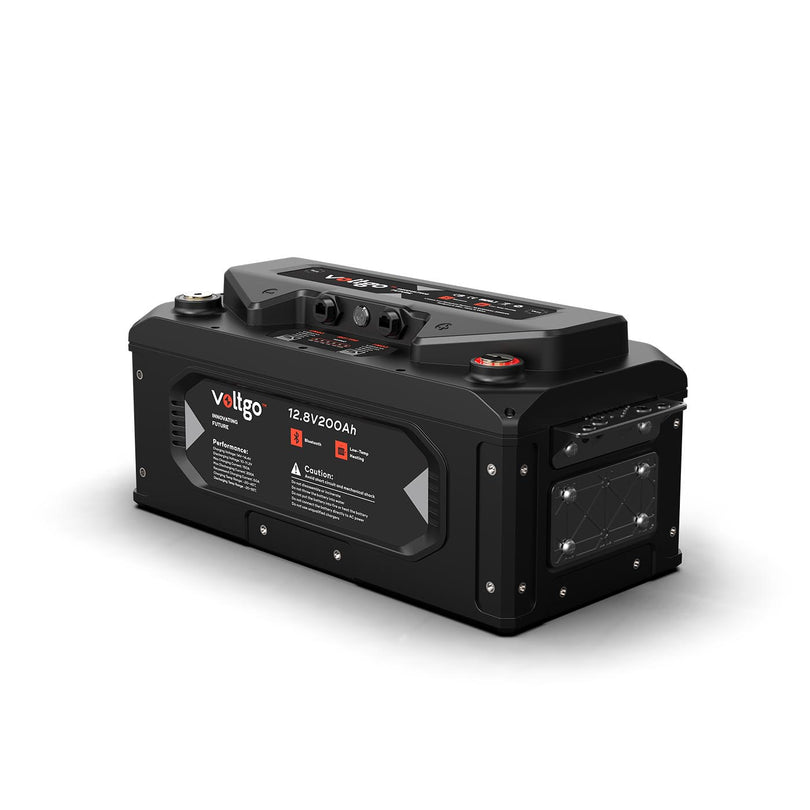Manufacturers can attain a high specific energy and low cost relatively easily by adding nickel in lieu of the more expensive cobalt, but this makes the cell less stable. While a start-up company may focus on high specific energy and low price to gain quick market acceptance, safety and durability cannot be compromised. Reputable manufacturers place high integrity on safety and longevity. Table 3 summarizes the advantages and limitations of Li-ion.
Most Li-ion batteries share a similar design consisting of a metal oxide positive electrode (cathode) that is coated onto an aluminum current collector, a negative electrode (anode) made from carbon/graphite coated on a copper current collector, a separator and electrolyte made of lithium salt in an organic solvent.
Table 1 summarizes the advantages and limitations of Li-ion.
|
Advantages |
|
|
Limitations |
|
Table 1: Advantages and limitations of Li‑ion batteries



